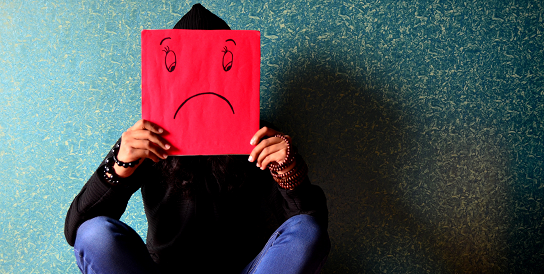A recent study looked at cultural differences in the effect of apologies based on how people are valued in that culture. The researchers focused on two types of cultures, dignity based, where a person is inherently valuable because of their innate humanity, and honor based, where society plays a decisive role in determining a person’s worth. By surveying representatives of these different cultures, they found that in both types of cultures, apologizing increases the likelihood of forgiveness and diminishes intentions of retaliation after being wronged. However, they also found that for an apology to be effective in an honor culture, the offender needs to show a clear sign of remorse. Only through remorse is the apology evaluated as sincere and can it restore the individual’s worth in society’s eyes.
This study is important given increasing multiculturalism and diversity in society, where taking responsibility and apologizing might not always be effective. Disputants need to be mindful to ensure not only that an apology is offered, but that it fulfills the conditions that are necessary given the culture of the disputants involved. The authors also raise awareness of the fact that given the current wave of refugees, coming presumably from honor to dignity cultures, it is important to understand the mechanism that allows an apology to be well received if we are to live together in peace. The main message of this study is to be mindful of the other in order to be able to effectively right any wrong. What you might think is a great apology might be ultimately insufficient.
Shafa, S., Harinck, F. & Ellemers, N. (2017) Sorry seems to be the hardest word: Cultural differences in apologizing effectively. Journal of applied social psychology 47(10), pp. 553-567/
